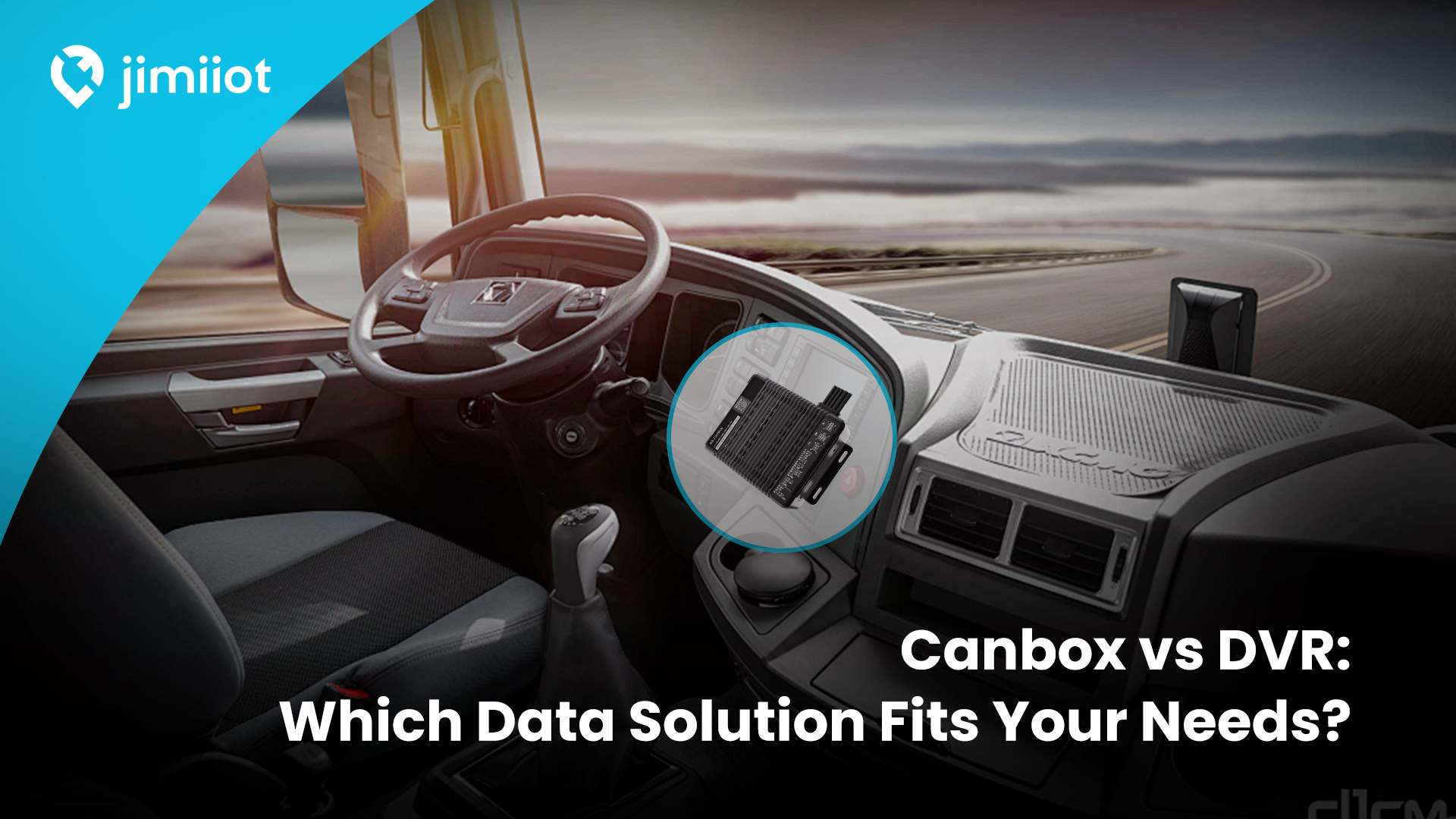
As the insurance industry evolves from traditional underwriting to data-driven risk intelligence, telematics technologies—particularly GPS-based vehicle tracking—have emerged as powerful tools to reshape how insurers assess risk, price policies, manage claims, and engage clients.
For B2B insurance providers, especially those offering auto insurance, commercial vehicle policies, and usage-based models (UBI), integrating GPS is no longer a tech novelty—it’s a strategic necessity.
The Shift from Reactive to Predictive Insurance
Historically, insurance models were reactive: assess claims post-incident, adjust premiums periodically, and rely on statistical assumptions. But this model is under growing pressure due to:
- Rising claims costs
- Fraudulent reporting
- Inconsistent driver behavior
- Intense price competition from digital insurers
To stay competitive, insurers are shifting toward real-time, behavior-based models—and GPS plays a critical role in this transformation.
Core Business Pain Points GPS Technology Can Solve
1. Inaccurate Risk Pricing
Traditional underwriting often groups drivers into broad categories (age, region, vehicle type), which can lead to underpricing high-risk drivers and overpricing low-risk ones.
GPS-enabled telematics devices provide real-time visibility into:
- Driving frequency and patterns
- Speeding, harsh braking, and acceleration events
- Night driving vs. day driving
- Geographic zones (urban vs. rural risk)
This enables usage-based insurance (UBI) and pay-as-you-drive/pay-how-you-drive (PAYD/PHYD) models, allowing insurers to match pricing to actual risk exposure.
Result: more equitable pricing, increased profitability, and improved customer acquisition.
2. Claims Fraud and Lack of Context
Fraudulent claims are a multi-billion-dollar burden in auto insurance. Without telematics, insurers rely heavily on driver narratives, police reports, and third-party data—none of which are fully reliable or timely.
With GPS + accelerometer-based telematics, insurers can:
- Detect inconsistencies in reported location/time of an accident
- Understand vehicle movement pre- and post-collision
- Access evidence in real time (if paired with dashcams)
This dramatically reduces claims cycle time, improves fraud detection, and enhances claims transparency for all parties.
3. Lack of Driver Engagement and Retention
Insurance has historically been a low-engagement product, but telematics allows insurers to offer value-added services that enhance customer loyalty, such as:
- Driver scoring and feedback
- Incentive-based safe driving rewards
- Real-time alerts for dangerous behavior
This not only helps reduce loss ratios by improving driving behavior, but also positions the insurer as a mobility partner, not just a payer of claims.
4. Regulatory and ESG Compliance
In many regions, regulators are pushing for more transparent pricing and data-backed underwriting practices, especially for commercial fleet insurance. At the same time, insurers are under pressure to align with ESG goals, including road safety.
GPS-based data helps insurers:
- Prove active risk mitigation efforts
- Reduce environmental impact through route optimization (if extended to fleet clients)
- Provide data-driven reporting to meet regulatory demands
What Types of Insurance Providers Adopt GPS Telematics?
While large insurers were early adopters, the declining cost and API-friendliness of modern GPS solutions have opened the door for mid-sized and niche providers. Specifically, GPS is most beneficial for:
1. Commercial Auto Insurers
These insurers cover fleets, ride-hailing vehicles, taxis, delivery vans, and logistics trucks. With GPS, they gain visibility into:
- Fleet utilization
- Unauthorized vehicle use
- Driver safety scores
- Real-time incident alerts
This not only improves underwriting but also enables partnership programs with fleet operators, adding mutual value.
2. Usage-Based and Digital-First Insurers
Challenger brands offering flexible or app-based insurance models can use GPS devices (or app-based GPS SDKs) to differentiate their offerings through:
- Onboarding via plug-and-play telematics
- Daily/weekly billing based on mileage
- AI-powered driving risk scores
GPS is a cornerstone of their tech stack, enabling them to scale quickly while maintaining risk control.
3. Insurance Brokers and MGAs
Managing General Agents and brokers increasingly deploy telematics to provide value-added services, particularly in the SME and fleet segments, including:
- Claims analytics and reduction
- Third-party driver coaching programs
- GPS + dashcam bundles for premium tiers
These offerings help MGAs stand out in a commoditized market.
Overcoming Integration and Cost Barriers
Historically, GPS adoption in insurance faced two challenges:
- High hardware cost and installation complexity
- Lack of integration with underwriting and claims systems
However, today’s plug-and-play devices, such as OBDII trackers and compact AI dashcams, have made deployment frictionless. Even more importantly, telematics providers now offer:
- Open APIs and SDKs for fast system integration
- Cloud-based platforms with real-time alerts and analytics
- White-labeled apps for customer interaction and branding
This means even non-technical insurers can deploy GPS-enabled programs in weeks, not months.
The Strategic Opportunity Ahead
Insurance is undergoing a seismic shift toward real-time risk visibility, and GPS telematics is the foundation of this new operating model. For insurers who embrace it, the benefits are substantial:
- More accurate underwriting
- Reduced claims leakage and fraud
- Improved customer retention
- Faster, data-backed claims processes
- Competitive differentiation
Whether offering commercial vehicle policies or innovating in UBI, GPS tracking is not just a cost—it’s a catalyst for transformation.
As pricing pressures and customer expectations continue to rise, insurance companies that invest in GPS technology today will be the ones who lead the market tomorrow.
Why JimiIoT
JimiIoT is a global leader in innovative IoT solutions. We provide cutting-edge hardware and software tailored to enhance efficiency and connectivity. Our range of products includes advanced GPS tracking devices, asset management solutions, smart vehicle dashcams, and telematics platforms. With a focus on technological excellence and customer satisfaction, we empower businesses to optimize operations and gain valuable insights from data-driven analytics. Trust JimiIoT to drive positive change and unlock growth opportunities in the digital age.
If you would like more details, please visit Facebook, LinkedIn, INS, and Twitter pages for further information.
